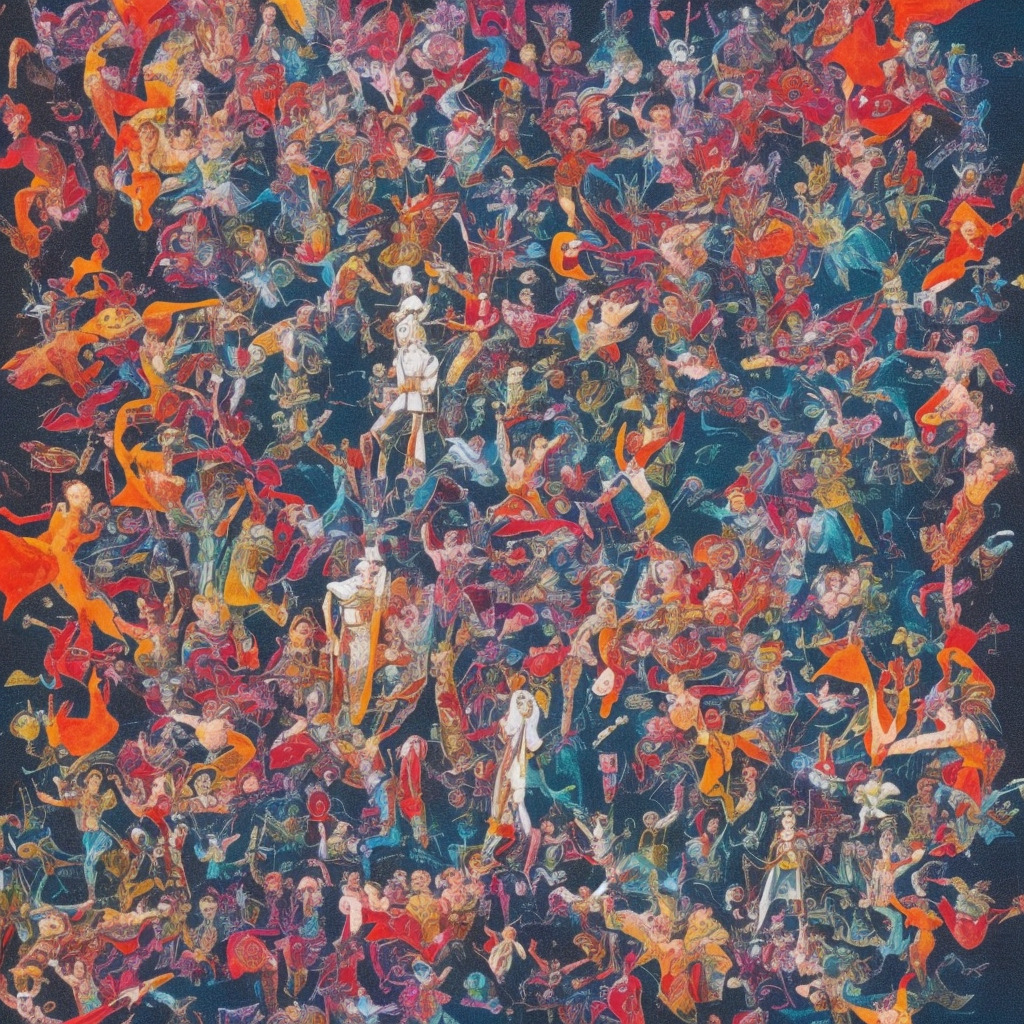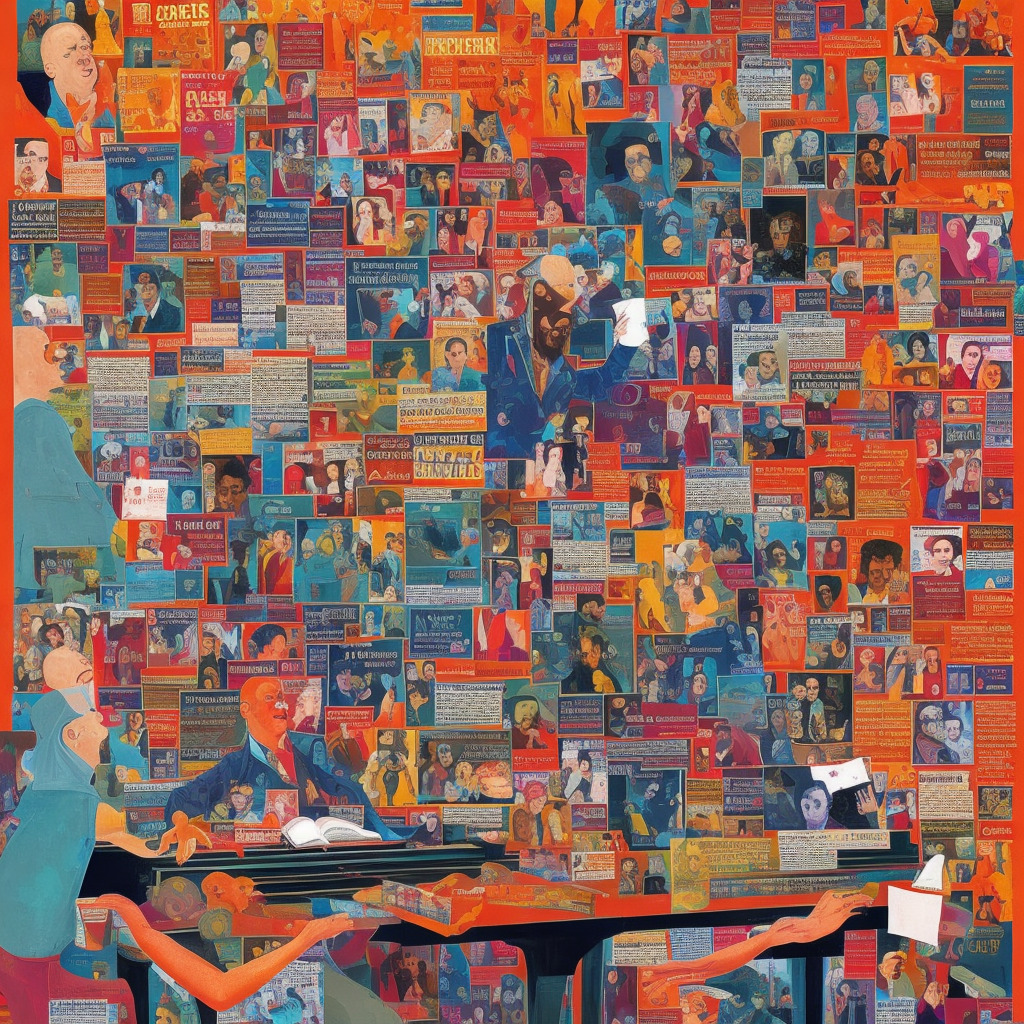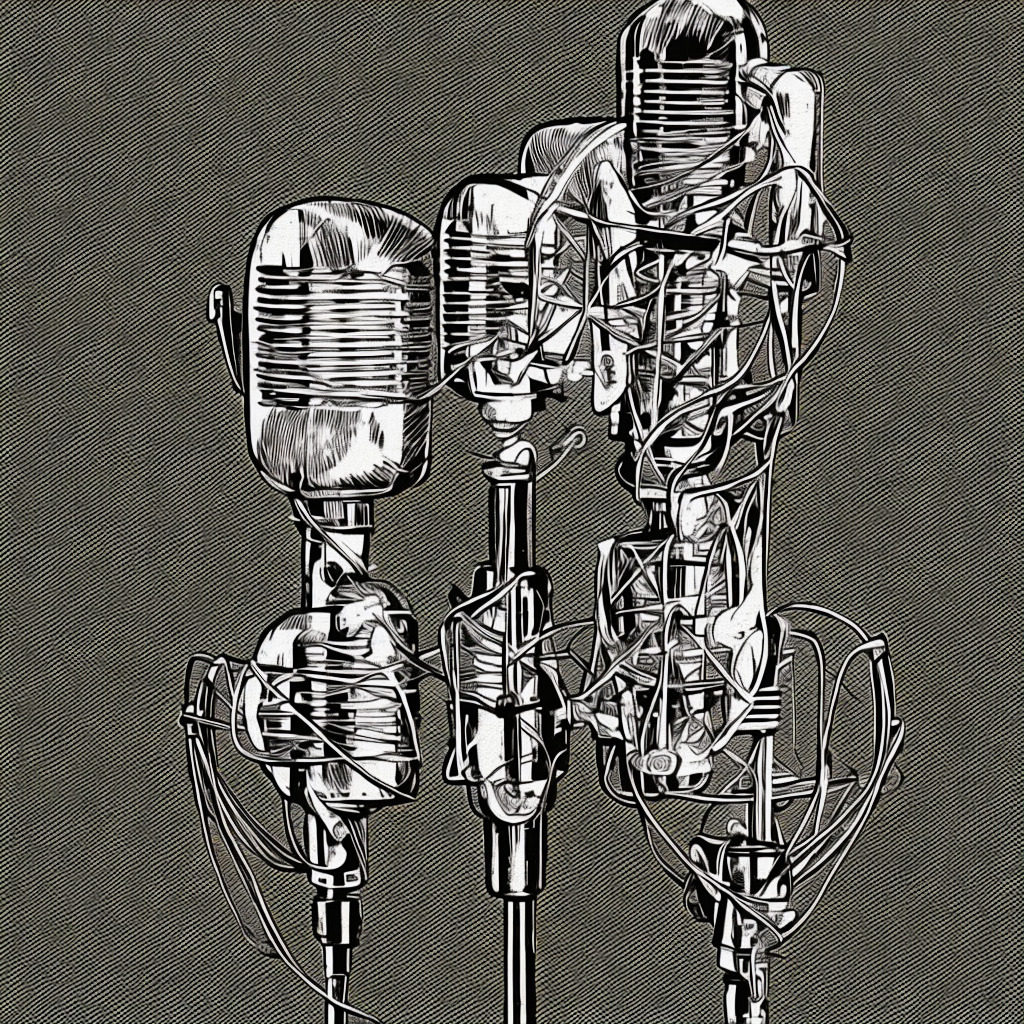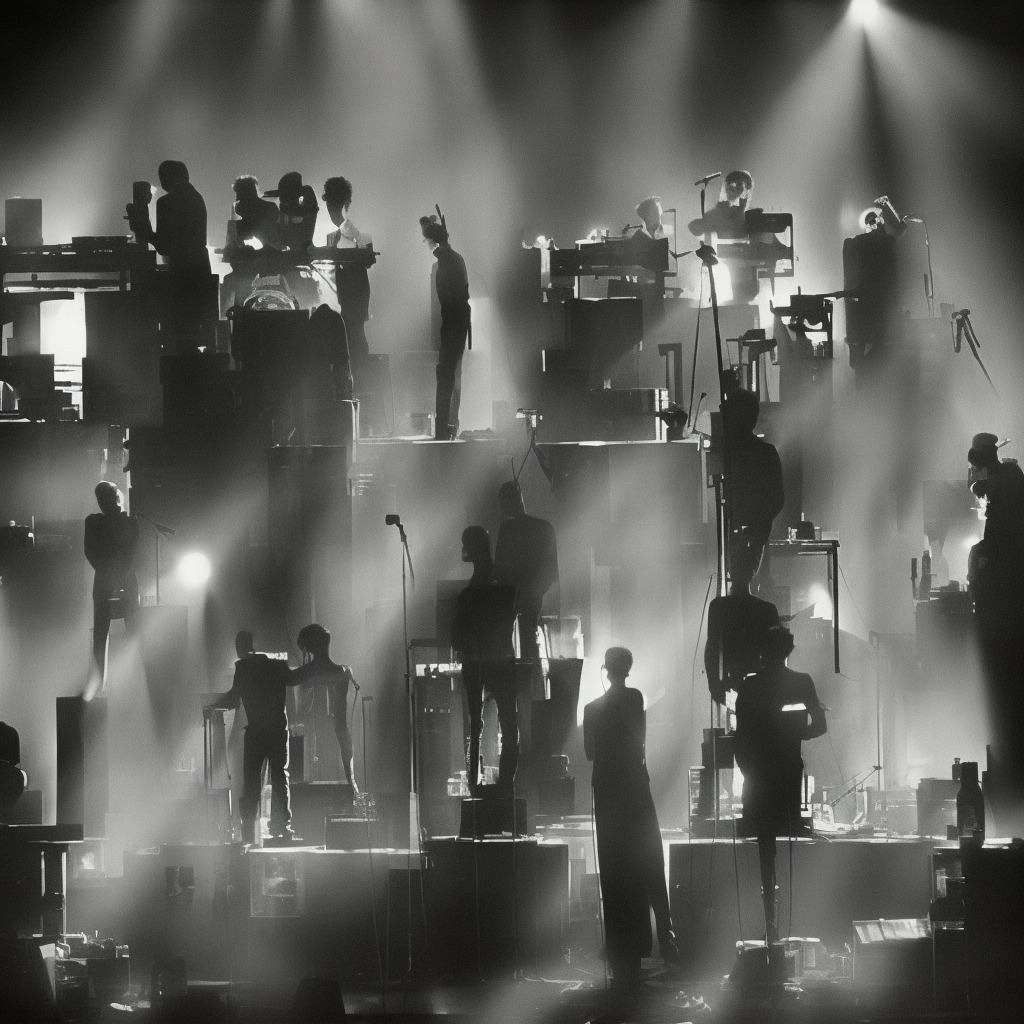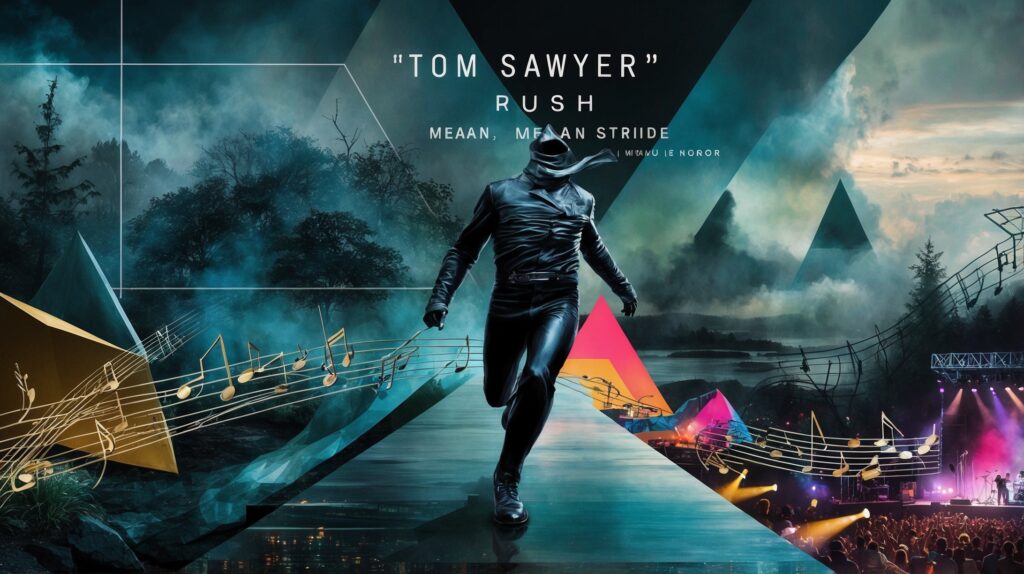🎸Did you know? #CliffRichard’s “Devil Woman” was his first Top 10 hit in the US! 😈🎶 A bewitching classic that still casts a spell today! 🕺✨ #DevilWoman #FunFact #MusicTrivia Read about it: tinyurl.com/58zbu9uk
Stirring the Rock with Sir Cliff Richard
“Sir Cliff Richard, the Peter Pan of Pop, defies expectations with his iconic rock-infused hit ‘Devil Woman’, showcasing artistic evolution and solidifying his legendary status in music history.”
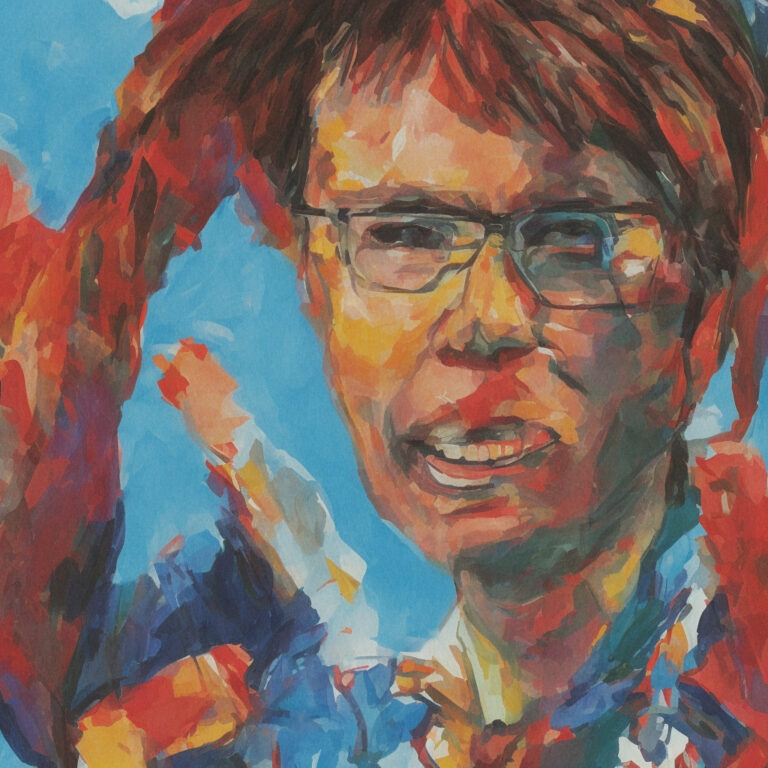
Cliff Richard, dubbed the “Peter Pan of Pop”, has enjoyed an illustrious career spanning over 60 years. Born in India in 1940, Sir Cliff moved to England with his family where he later formed his first band, The Drifters, in 1958. The band quickly evolved into Cliff Richard and The Shadows, and they dominated the UK music scene throughout the late 50s and 60s. With a record-breaking 130+ singles, albums, and EPs making the UK Top 20, Cliff Richard has created an everlasting impact on the music industry.
One of Cliff Richard’s most iconic songs, “Devil Woman,” was released in 1976 as a part of his “I’m Nearly Famous” album. This track was a turning point in Richard’s career, marking his departure from clean, wholesome ballads and delving into a darker, rock-infused sound. “Devil Woman” was not only the singer’s first foray into rock music, but it was also his first successful song in the United States. It peaked at No. 6 on the UK Singles Chart and No. 4 on the Billboard Hot 100, proving his ability to adapt and thrive in an ever-changing world of music.
Though primarily known for his squeaky-clean image, Cliff Richard proves with “Devil Woman” that he is not afraid to play with different genres and challenge himself as an artist. The song’s intricate guitar work, performed by The Shadows’ guitarist Hank Marvin, adds to the distinctiveness of the track. Marvin’s exceptional talent, combined with Richard’s powerful vocals, results in a song that has stood the test of time.
While Cliff Richard’s musical prowess is beyond question, his career has not been without controversy. Over the years, he faced accusations of tax evasion and was linked to a historic sexual abuse investigation. However, in both cases, the allegations were proven unfounded, and Richard emerged with his reputation intact.
Throughout his career, Sir Cliff Richard has been showered with accolades and awards. He boasts 14 Ivor Novello Awards, two prestigious Silver Clef Awards, and was even appointed a Knight Bachelor in 1995 in recognition of his services to music and charity. He is also the only artist to have scored a UK No.1 single in five consecutive decades, securing his position as a music legend.
All in all, Cliff Richard’s “Devil Woman” stands as a testament to his incredible talent and ability to evolve as an artist. It serves as a reminder that even the most clean-cut performers can surprise their audience and create a lasting impact on the ever-changing landscape of popular music.
Charting the Journey of a Bewitching Hit
“Devil Woman: Cliff Richard’s bewitching hit that transcended genres and conquered charts worldwide, cementing his global icon status.”

“Devil Woman” was released by Cliff Richard on June 4, 1976, and it quickly captivated listeners with its catchy tune and unforgettable lyrics. This song not only became one of Cliff Richard’s most well-known hits but also marked his first significant success in the United States.
Upon its release, “Devil Woman” entered the UK Singles Chart at number 24. However, its real success was across the pond, in the United States, where it debuted at number 100 on the Billboard Hot 100 chart. As the weeks progressed, the song steadily climbed up the charts, eventually peaking at an impressive number 6 on August 28, 1976. This achievement made “Devil Woman” the highest-charting single by Cliff Richard in the US, where it remained in the top 10 for six weeks and on the chart for a total of 17 weeks.
In addition to its success in the US, “Devil Woman” also made waves in other countries. For instance, it reached number 9 on the Canadian RPM Top Singles chart and number 12 on the Australian Kent Music Report. These accomplishments undoubtedly contributed to the song’s enduring popularity and helped solidify Cliff Richard’s international appeal.
Notably, “Devil Woman” was also a hit on various other music charts. It climbed to number 8 on the Billboard Adult Contemporary chart and even made an appearance on the Billboard Hot Soul Singles chart, peaking at number 90. This widespread success demonstrates the song’s unique ability to connect with and captivate a diverse range of music lovers.
In conclusion, “Devil Woman” was a milestone for Cliff Richard, reflecting his undeniable talent and securing his status as a global music icon. The song’s remarkable chart success stands as a testament to its enduring appeal and its ability to bewitch listeners, both then and now.
Diving into the Lyrical Depths
As we immerse ourselves into the lyrics of “Devil Woman” by Cliff Richard, we find ourselves in the midst of a tale of mysticism, passion, and resilience. The lyrics encapsulate the essence of the 1970s, a time marked by significant social, cultural, and political changes. Let’s take a closer look at the lyrics themselves:
Since the day I saw the cat at my door
So I came into you sweet lady
Answering your mystical call
Crystal ball on the table
Showing the future, the past
Same cat with them evil eyes
And I knew it was a spell she cast
She’s just a devil woman
With evil on her mind
Beware the devil woman
She’s gonna get you
She’s just a devil woman
With evil on her mind
Beware the devil woman
She’s gonna get you from behind
The meaning behind these lyrics is a fascinating exploration of the human psyche, as it deals with themes of superstition, desire, and deception. The protagonist finds himself drawn to a “devil woman” who seemingly holds power over his fate, leading him down a path of darkness and despair.
The song’s setting, with its mystical elements of crystal balls and ominous cats, captures the spirit of the 1970s, an era marked by the rise of the counterculture and fascination with the occult. This period saw a surge in interest in mysticism and alternative spirituality, as people sought meaning and understanding outside of traditional religious institutions.
The lyrics also allude to the broader cultural and social changes of the time, as they touch upon the shifting gender dynamics and the exploration of identity. By portraying the “devil woman” as a manipulative, powerful force, the song reflects the societal anxieties and uncertainties surrounding changing gender roles and the emergence of the women’s liberation movement.
In conclusion, the lyrics of Cliff Richard’s “Devil Woman” serve as a window into the spirit and events of the 1970s, encapsulating the era’s fascination with mysticism and its grappling with shifting social norms.
Embracing the Dark Side: The “Devil Woman” Music Video
Mystifying Aura Meets Eerie Visuals: Fan-made “Devil Woman” Tributes Keep Cliff Richard’s Classic Alive.
The music video for Cliff Richard’s “Devil Woman” is an intriguing visual experience that pays homage to the mystifying aura of the song. Though there isn’t an official music video from the artist, numerous fan-made videos and YouTube tributes have surfaced over the years, showcasing the timeless appeal of this classic track.
One of the most popular fan-made videos for “Devil Woman” is a compilation of clips from the 1976 film “The Devil’s Men,” directed by Kostas Karagiannis. This video meshes scenes from the horror movie with the song, creating an eerie atmosphere that complements the track’s occult-themed lyrics. It effectively captures the essence of Richard’s depiction of a devilish femme fatale, making it a perfect fit for the song.
Another notable tribute video uses clips from the 1987 horror movie “Elvira: Mistress of the Dark” directed by James Signorelli. This video highlights the character Elvira, played by Cassandra Peterson, as she embodies the quintessential “Devil Woman” described in the song. The video’s editing and the synchronization of the film’s scenes with the track’s rhythm seamlessly blend the visuals with Richard’s enchanting vocals.
Aside from movie-themed tributes, several videos also feature live performances of “Devil Woman” by Cliff Richard. These videos offer a glimpse into the charisma and stage presence of the British singer during his heyday. His lively performances and the audience’s enthusiasm exemplify the song’s enduring popularity.
Though lacking an official music video, the various fan-made tributes to “Devil Woman” continue to keep the song’s mystique alive. These videos serve as a testament to the creativity and dedication of Cliff Richard’s fans, who have adopted various artistic approaches to visualize the story of the enigmatic “Devil Woman.”
The Mastermind Behind “Devil Woman”
The composer of the iconic song “Devil Woman,” Terry Britten, is an Australian-born musician, songwriter, and record producer, known for his incredible contributions to the world of music. In addition to Cliff Richard’s 1976 hit, Britten has penned several other notable tracks that have left a lasting impression in the industry. Among his extensive list of accomplishments, his collaboration with Tina Turner stands out, as he co-wrote and produced “What’s Love Got to Do with It,” which soared to the heights of success and became Turner’s signature song. Britten also co-wrote “We Don’t Need Another Hero” and “Typical Male” for Tina Turner, further solidifying his status as a highly sought-after composer. Throughout his career, Terry Britten has worked with numerous artists, such as Olivia Newton-John, Michael Jackson, and Meat Loaf, showcasing his versatility and adaptability to various genres and styles.
Accolades, Appearances, and Cover Versions Galore
From chart-topping hit to movie soundtracks and video games, Cliff Richard’s “Devil Woman” stands the test of time as a captivating classic in pop culture.
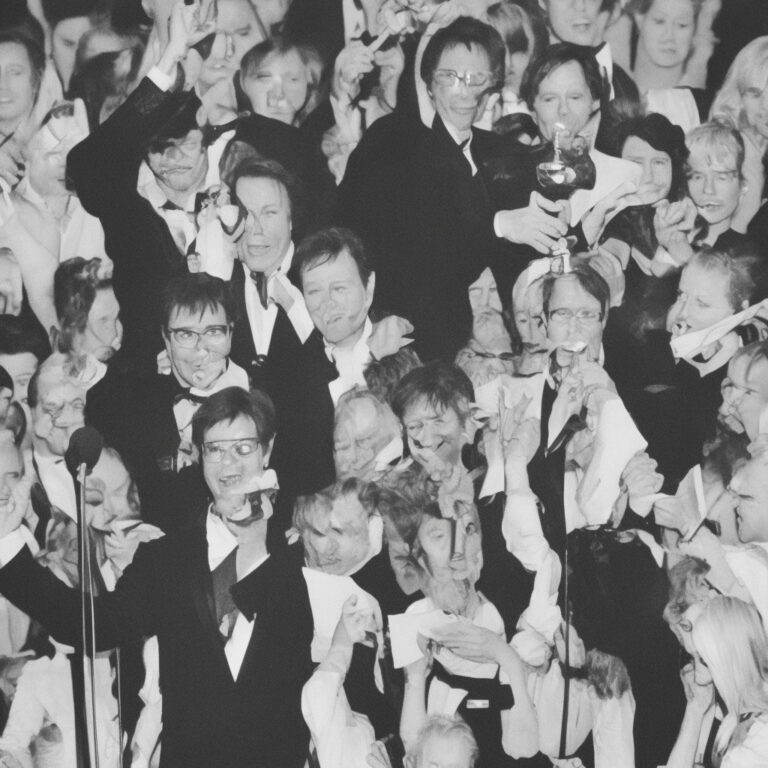
Throughout its storied history, “Devil Woman” has garnered its fair share of awards and accolades, demonstrating the lasting impact and appeal of this classic tune. Released in 1976, the song became a phenomenal hit, earning Cliff Richard his first Top 10 hit in the United States, peaking at number six on the Billboard Hot 100. The song remains his biggest stateside hit and continues to be a staple of classic rock playlists.
Movie and TV enthusiasts might recognize “Devil Woman” from its appearances in various films and television shows. The song played a significant role in the 2000 British comedy film “Saving Grace,” which starred Brenda Blethyn and Craig Ferguson. It was also featured in a memorable episode of the TV drama series “Cold Case” and made an appearance on the successful Netflix series “Mindhunter.”
“Devil Woman” has also been a popular choice for cover versions, with several artists trying their hand at putting their spin on the iconic track. In 2008, American singer and songwriter Mark Lindsay, best known as the lead singer of Paul Revere & the Raiders, released a cover version in his album “Video Dreams.” Another notable cover includes that of Finnish rock band Leningrad Cowboys, who included their rendition on their 1993 album “We Cum from Brooklyn.” These various interpretations prove that the infectious melody and catchy lyrics of “Devil Woman” continue to endure the test of time.
Video games have not been immune to the allure of “Devil Woman” either. The song was featured in Rocksmith 2014 Remastered, a popular music video game that teaches players to play various songs using real instruments. The game’s inclusion of the track offers a modern and interactive way for new generations to engage with this classic hit.
As “Devil Woman” continues to make its mark on popular culture through awards, appearances, and cover versions, it is evident that this timeless tune is here to stay. With its memorable melody and enticing lyrics, Cliff Richard’s “Devil Woman” will undoubtedly continue to captivate and inspire music lovers for years to come.
Dissecting the Musical Elements
“Devil Woman” is a perfect example of Cliff Richard’s ability to create catchy, yet sophisticated, pop tunes that stand the test of time. The song is written in the key of A minor, a popular choice for rock and pop music, lending itself to a darker and more mysterious sound compared to its major key counterparts.
The chord progression of “Devil Woman” follows a classic formula, beginning with the i-IV-V pattern (Am-Dm-E) during the verses. This progression creates a sense of tension and anticipation, which is then resolved in the chorus with a shift to the relative major key (C Major) and a IV-I-V-vi pattern (F-C-G-Am). This resolution provides a satisfying contrast to the more ominous verses, allowing the listener to fully appreciate the song’s storytelling aspect.
The tempo of “Devil Woman” is set at a moderate pace, with around 128 beats per minute. This tempo choice allows for a driving rhythm that propels the song forward without feeling rushed, giving listeners a chance to absorb the intricate layers of the music.
One of the standout features of “Devil Woman” is its distinctive guitar riff, played in unison by both the lead and rhythm guitars. The riff is built on the A minor pentatonic scale, adding to the song’s overall dark and mysterious atmosphere. The interplay between the guitars and the bass throughout the track is particularly noteworthy, as they constantly weave around each other, creating a tight and cohesive arrangement.
As for the vocals, Cliff Richard’s delivery is both smooth and powerful, effortlessly switching between the lower and higher registers of his voice. His emotive performance adds an extra layer of depth to the song, making it all the more engaging and captivating.
The song’s production is polished and well-balanced, with each instrument given its own space in the mix, allowing the listener to fully appreciate the intricate details of the arrangement. The use of reverb and delay effects on the vocals and guitars adds a sense of depth and space, making “Devil Woman” feel expansive and immersive.
In conclusion, the combination of a captivating chord progression, infectious guitar riff, and Cliff Richard’s distinct vocal performance make “Devil Woman” a true classic that continues to resonate with listeners today. Its expertly crafted musical elements serve as a testament to the talent and skill of both the artist and the production team behind this iconic track.

